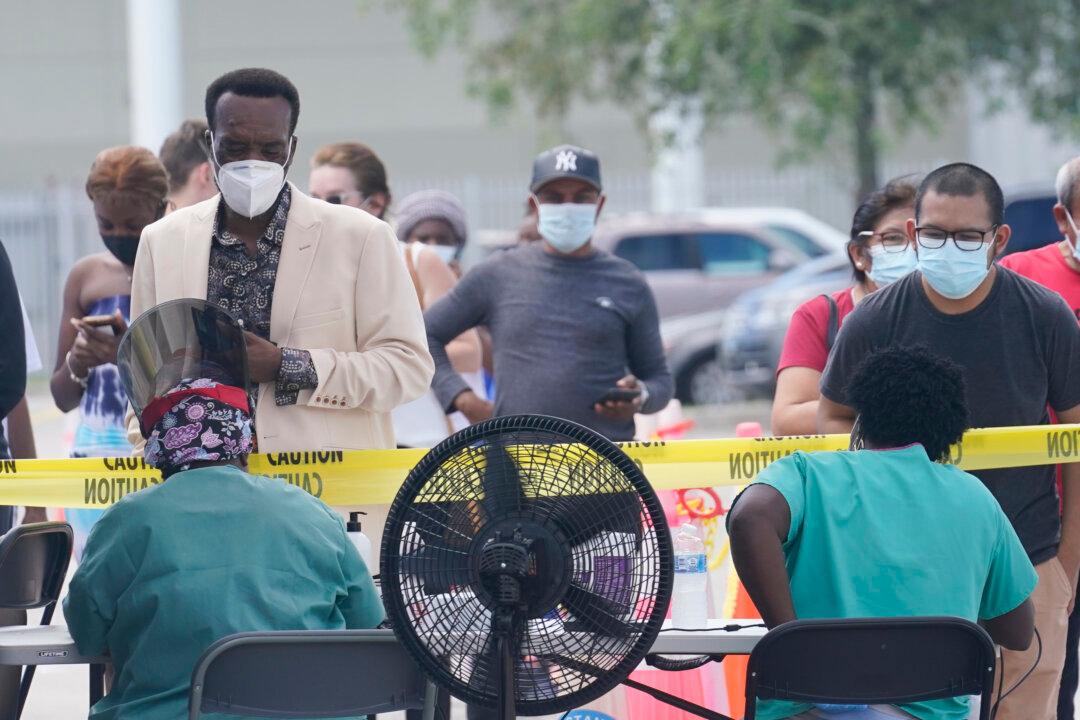Officials in a Florida county are asking residents to consider not calling 911, citing the number of COVID-19 patients in hospitals, while officials in Tennessee and Texas said the emergency systems there are being put to the test.
Brevard County’s hospital systems are dealing with a surge in patients and are struggling with the inundation, the county’s emergency director, John Scott, said this week.





